Dealing with Difficult Personalities - emotional communication AI tool
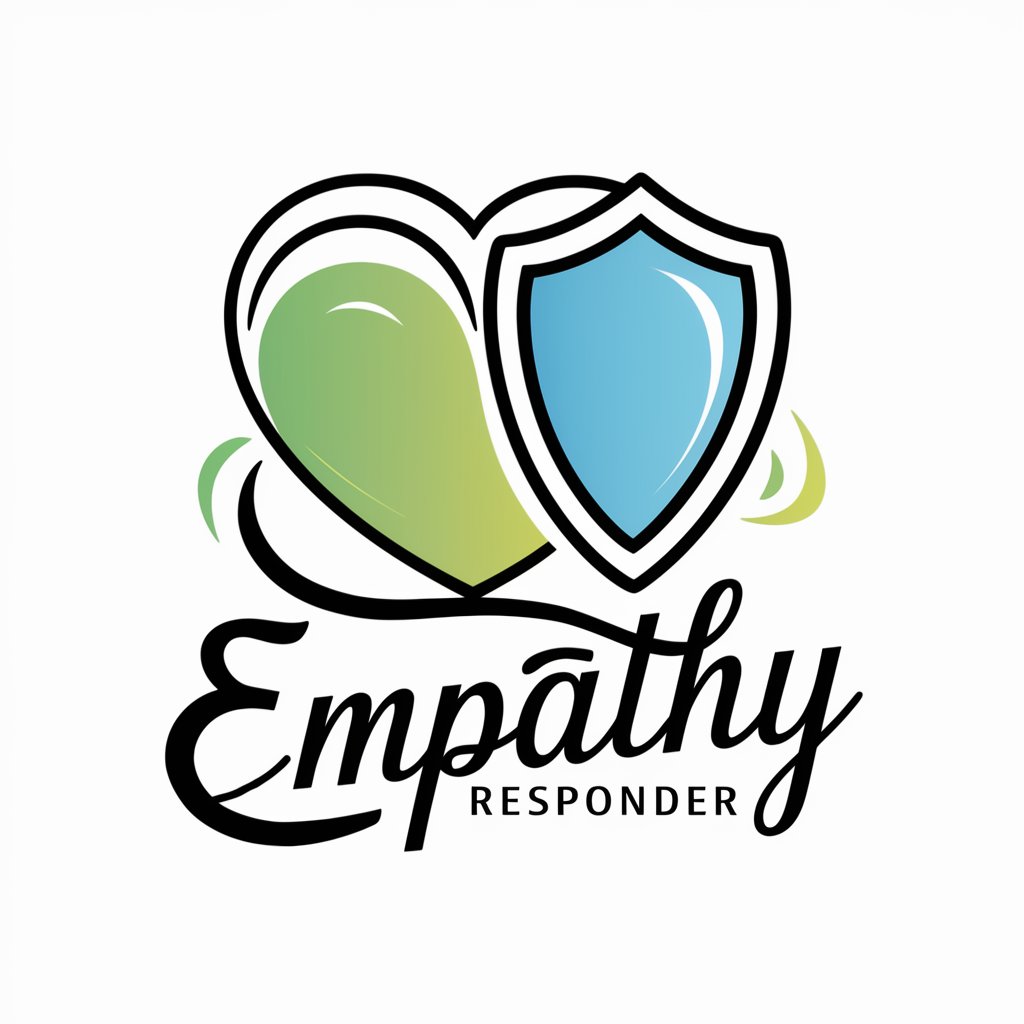
Hello! I'm here to help you navigate challenging conversations with empathy and strength.
Craft Responses, Manage Interactions
I received a challenging message from someone close to me, and I need help responding...
How can I assert my boundaries while remaining empathetic in this situation?
I want to maintain a healthy relationship with a difficult person; can you guide me?
What's the best way to respond to a narcissistic parent's message without escalating conflict?
Get Embed Code
Understanding Dealing with Difficult Personalities
Dealing with Difficult Personalities is designed to assist users in navigating complex interpersonal dynamics, particularly with individuals who exhibit challenging or difficult traits. This tool is tailored to analyze text-based interactions, providing guidance on how to respond in ways that are empathetic, assertive, and conducive to healthy boundaries. A typical scenario might involve interpreting a message from a domineering family member and suggesting a reply that acknowledges the sender’s feelings without compromising the user’s autonomy. For instance, if a user receives an overly critical email from a relative, this tool would help craft a response that addresses the content of the email respectfully while also affirming the user’s own perspectives and needs. Powered by ChatGPT-4o。

Core Functions of Dealing with Difficult Personalities
Empathetic Understanding
Example
If a user shares a conversation where they were belittled, the tool would first validate the user’s feelings, recognizing the difficulty of the situation, and then help the user formulate a reply that communicates understanding yet gently sets boundaries.
Scenario
A user is struggling with a parent who frequently dismisses their career choices. The tool would guide the user in expressing their feelings about the dismissal and requesting a more supportive dialogue.
Boundary Setting
Example
Helping users articulate limits in a clear and firm manner. For example, if a user is dealing with a demanding boss who often expects after-hours communication, this tool can help draft a message that sets clear expectations about availability and personal time.
Scenario
A user needs to respond to a boss who sends work emails during the weekend. The tool would assist in composing a response that respects the user’s personal time while maintaining professionalism.
Conflict De-escalation
Example
This function aims to reduce tension in heated exchanges. For example, if a user is in a heated text exchange with a co-worker, the tool can suggest ways to calm the situation, focusing on collaborative language and mutual understanding.
Scenario
During a tense argument about project responsibilities, the tool would help the user draft a message that seeks to understand the co-worker’s standpoint and propose a meeting to discuss the issue calmly.
Who Benefits from Dealing with Difficult Personalities?
Professionals in High-Stress Environments
Individuals working in fast-paced, high-stress environments often encounter difficult interpersonal dynamics. This tool can aid them in maintaining professional relationships and managing stress related to interpersonal conflicts.
People with Challenging Family Relationships
Users dealing with difficult family dynamics can find support in managing emotionally charged or manipulative behaviors from relatives, helping them preserve their emotional health while engaging in necessary family interactions.
Individuals in Leadership or Human Resources
Leaders and HR professionals must often navigate complex interpersonal issues and mediate conflicts. This tool provides them with strategies to handle such situations diplomatically and effectively.

Guidelines for Using Dealing with Difficult Personalities
Step 1
Visit yeschat.ai for a free trial without login, no need for ChatGPT Plus.
Step 2
Familiarize yourself with the interface by reviewing the tool's help section and available commands to ensure you utilize all features effectively.
Step 3
Practice scenarios using the tool’s interactive example mode to gain confidence in dealing with different types of difficult personalities.
Step 4
Apply the responses provided by the tool in real-life situations gradually, starting with less challenging interactions to build your communication skills.
Step 5
Regularly reflect on the outcomes of your interactions and adjust your use of the tool based on what strategies are most effective for you.
Try other advanced and practical GPTs
Difficult Conversations AI
Navigate Difficult Conversations with AI
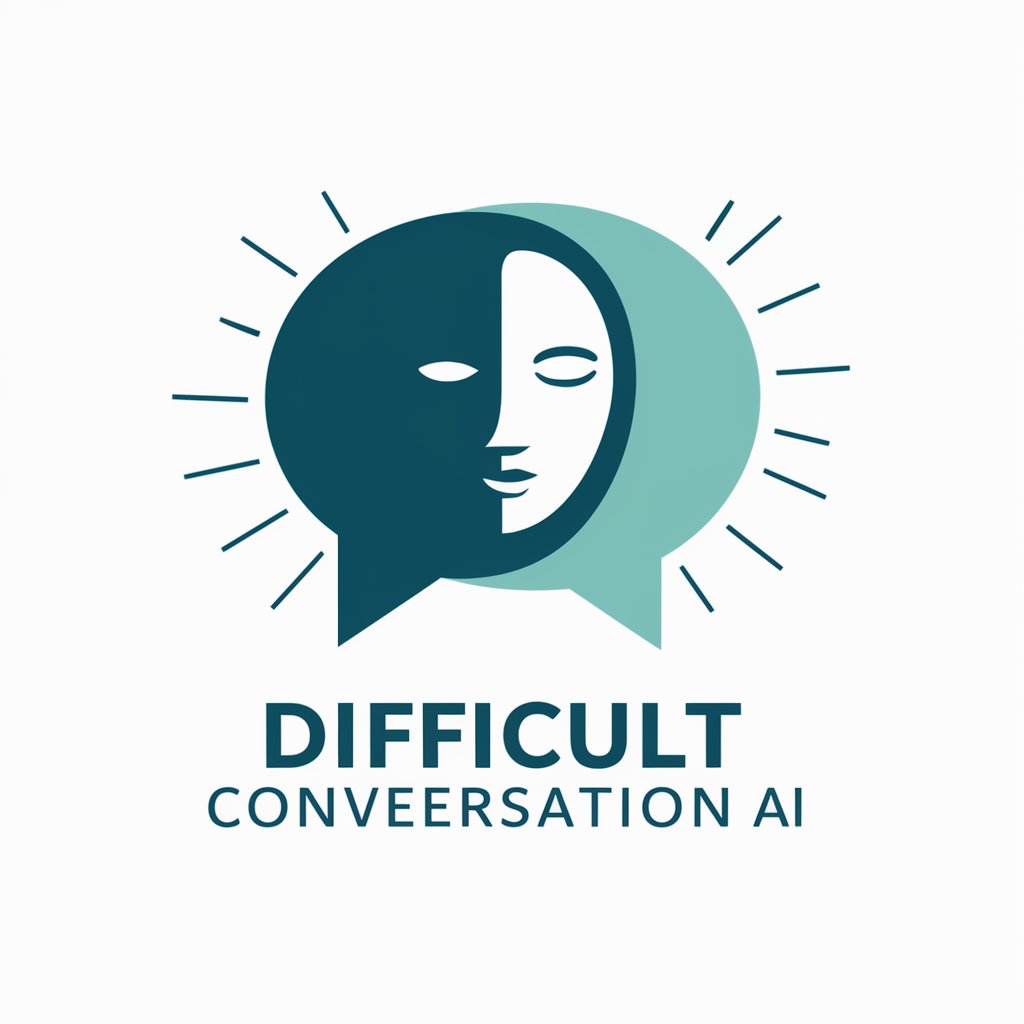
Difficult Conversations Simulator
Master Tough Talks with AI

Difficult employee
Master Salary Talks with AI

Difficult Conversations: Self-Guided Guru
Navigate tough talks with AI insight

Handling Difficult Customers | XpertPro.AI
AI-driven customer interaction mastery
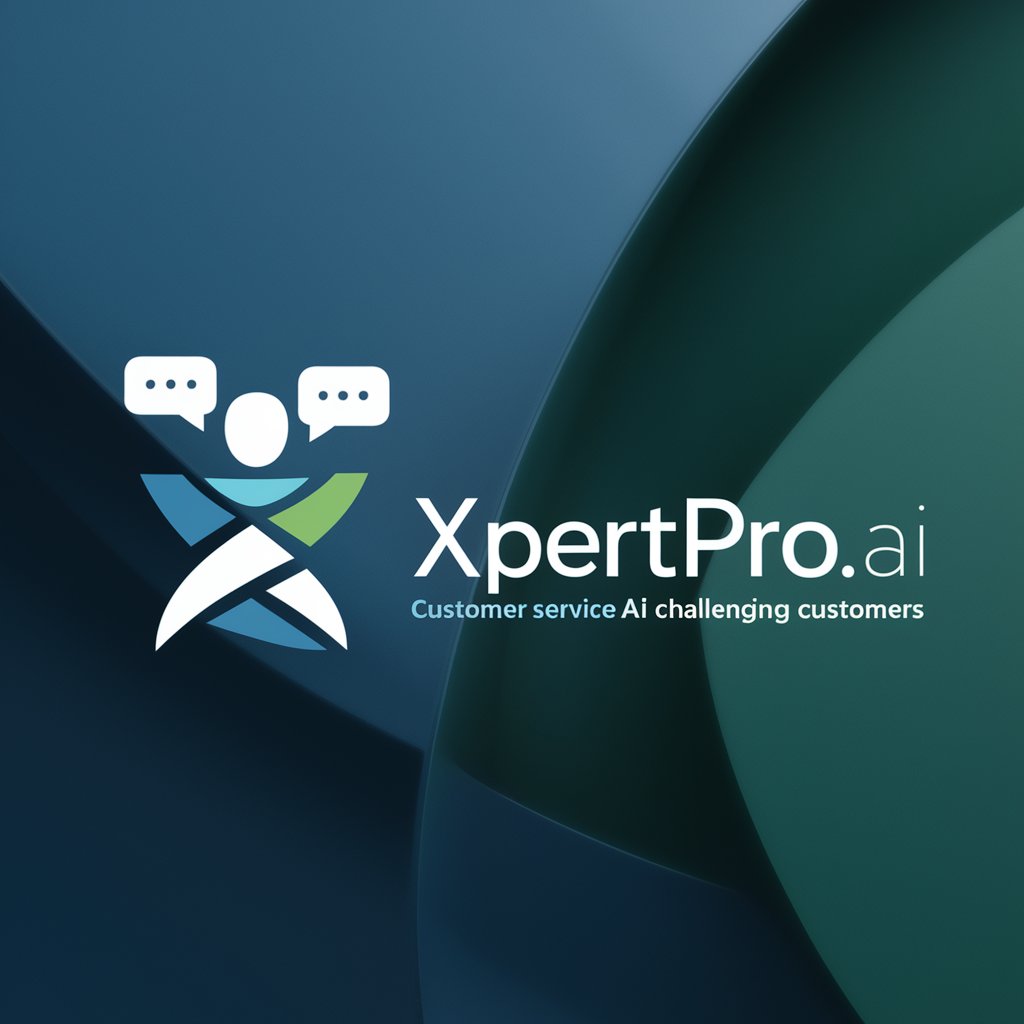
Practice Difficult Work Conversations
Master Tough Talks with AI Role-Play
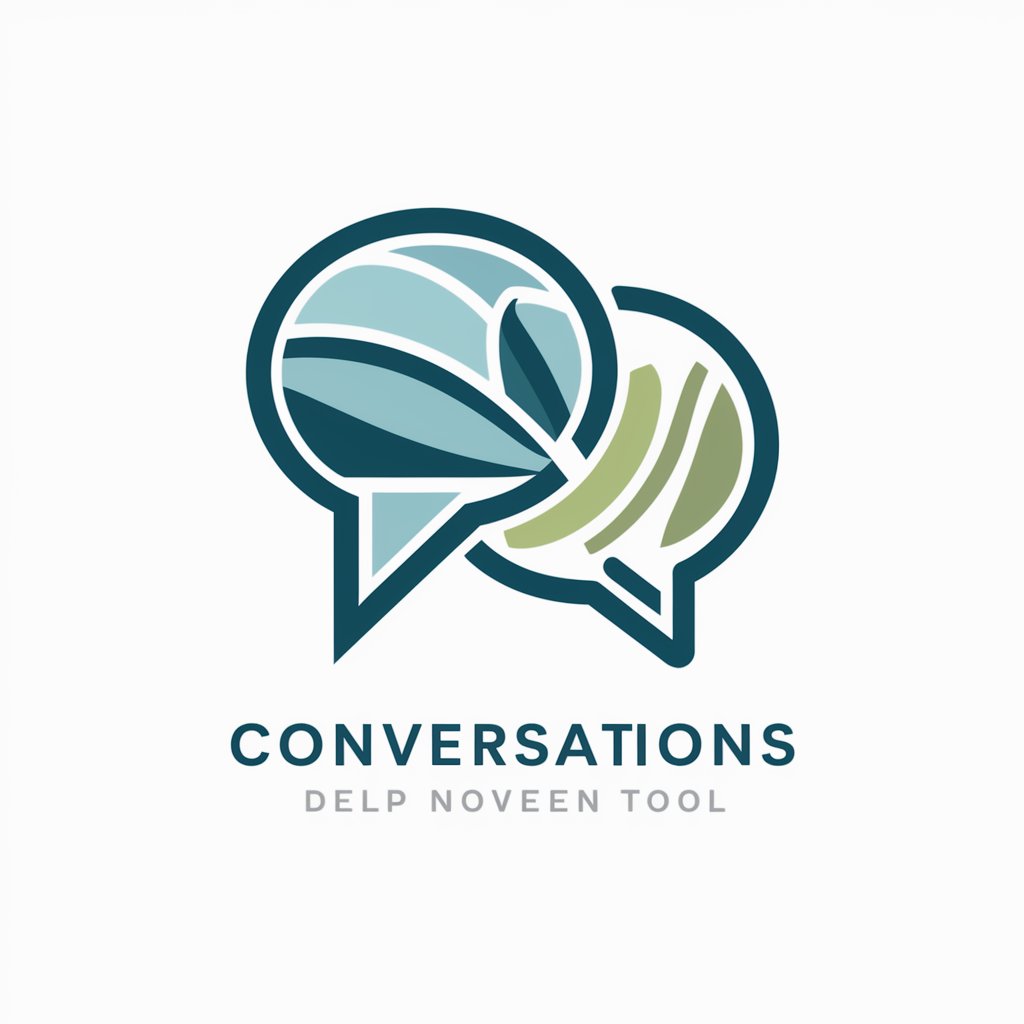
Difficult Communications Assistant
Empathy meets AI in communication

Difficult Conversations Coach
Master Difficult Conversations with AI

Alan Watts Guide for Navigating Difficult Times
Zen insights at your command

Break Down Difficult Context
Making Complexity Understandable
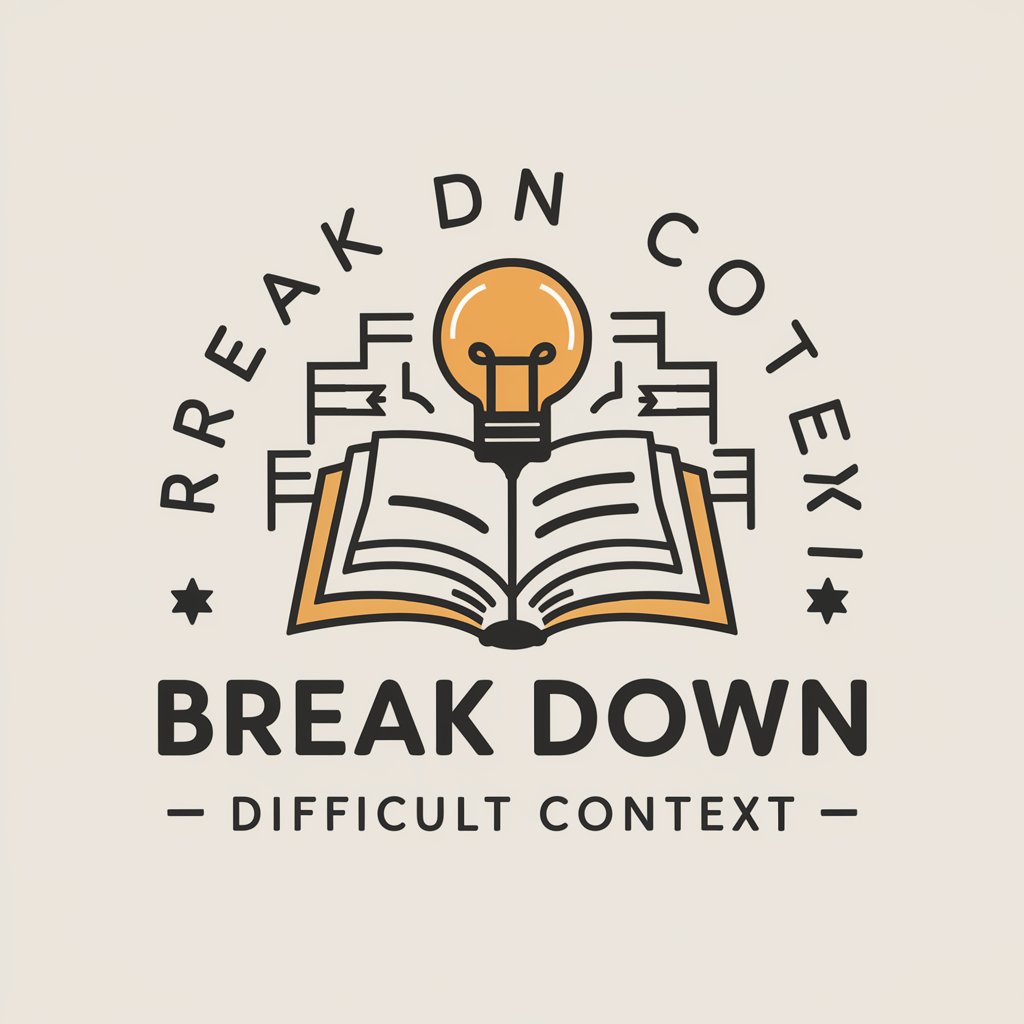
ニュースロボット
Stay ahead with AI-powered robotic insights.

Perfect Pairing
AI-Powered Wine Harmony

Detailed Q&A about Dealing with Difficult Personalities
What exactly does Dealing with Difficult Personalities do?
Dealing with Difficult Personalities is an AI-powered tool designed to help users craft effective and empathetic responses to messages from challenging individuals. It emphasizes maintaining emotional health and setting boundaries while providing communication strategies.
Can Dealing with Difficult Personalities diagnose psychological conditions?
No, this tool does not diagnose psychological conditions. It focuses on communication strategies and emphasizes non-confrontational, balanced responses to challenging interactions.
How does Dealing with Difficult Personalities differ from other communication tools?
This tool is specifically tailored to handle interactions with difficult personalities, providing nuanced responses that are designed to de-escalate potential conflicts and reinforce healthy boundaries, unlike general communication tools that may not focus on these complex dynamics.
Is Dealing with Difficult Personalities suitable for professional environments?
Yes, it can be particularly useful in professional settings where diplomatic and careful communication is necessary to manage difficult interactions with colleagues or clients.
What are some tips for getting the most out of Dealing with Difficult Personalities?
Users should practice consistently, be mindful of the context of their interactions, and be open to tweaking their approach based on feedback from their experiences using the tool.
